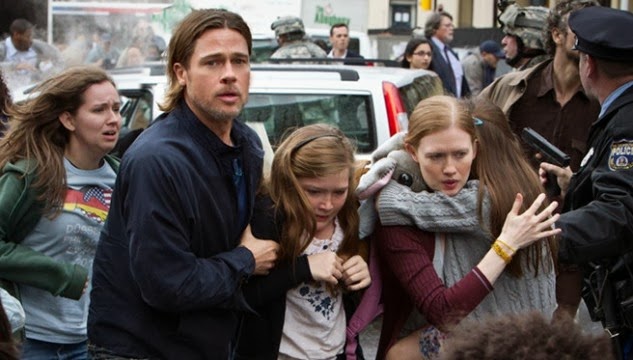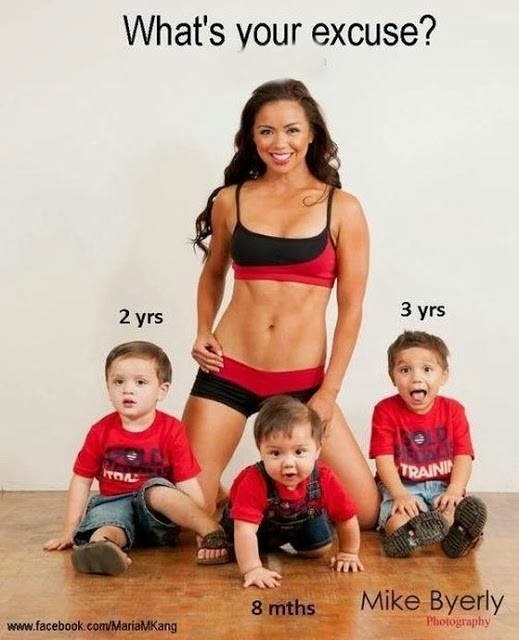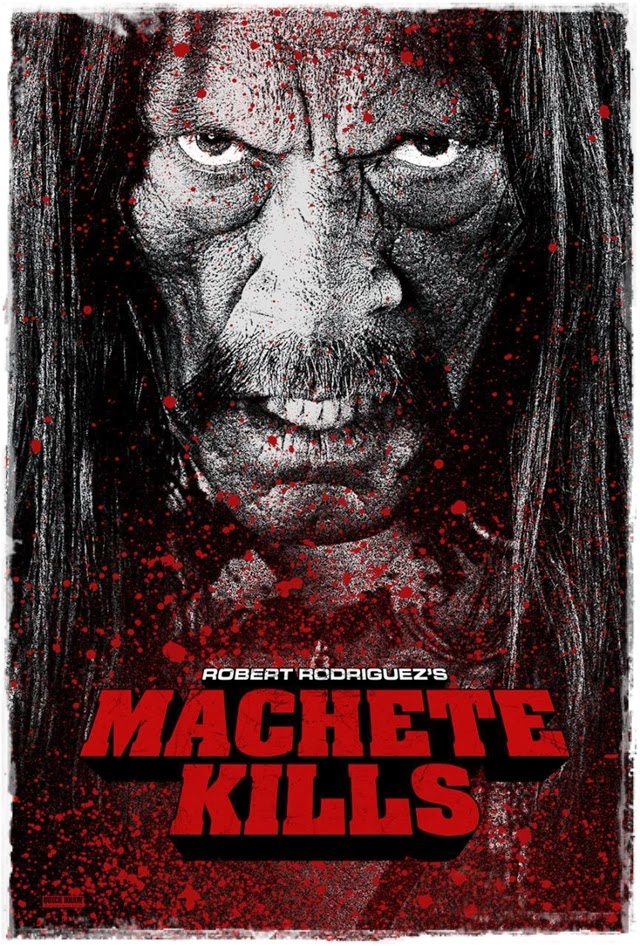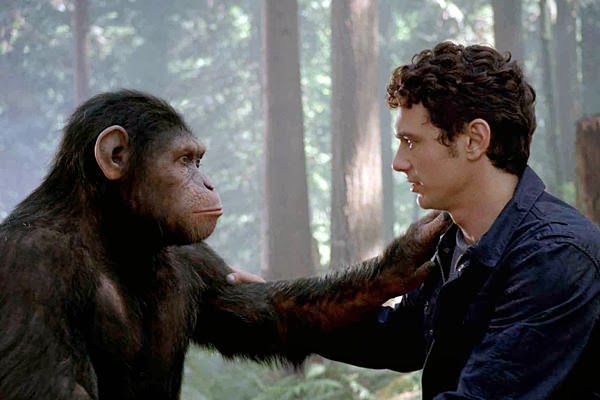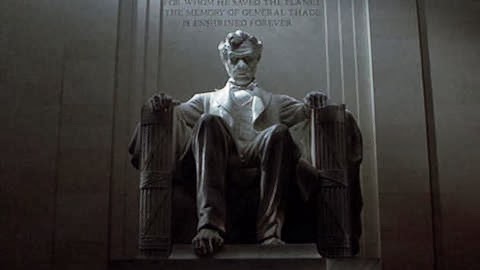In modern North American society, feminists have about as bad a rep as a man goosestepping down...
Month: October 2013
I was at work the other day listening to the local rock radio station’s morning program. It...
I’m back! For those who didn’t know, I spent the last week on vacation in Cincinnati and...
Welcome back to the Planet of the Apes retrospective! In this entry we’re going to cover the...
Welcome back to the Planet of the Apes retrospective! In this entry we’re going to cover the sixth...
